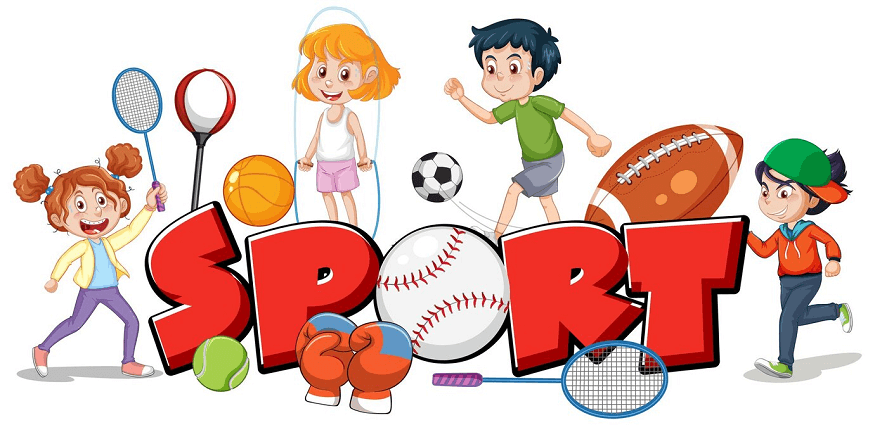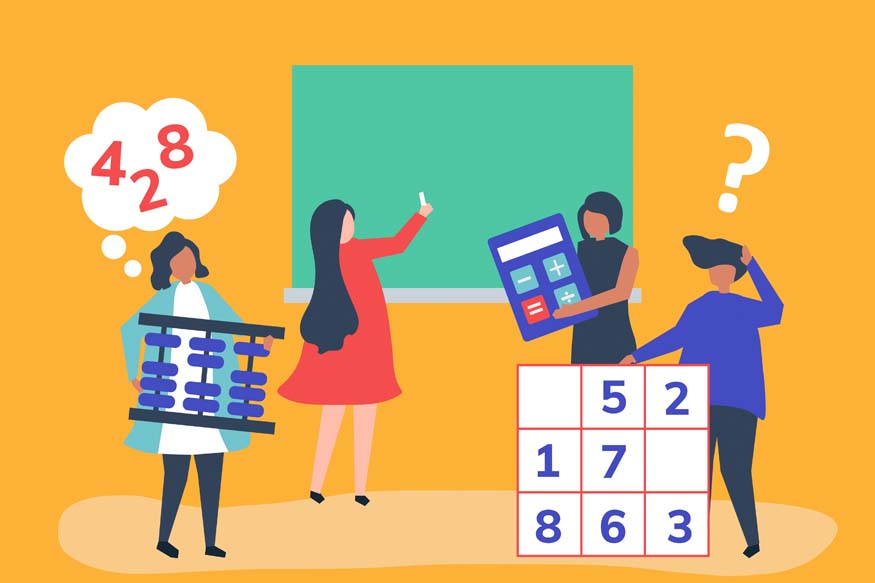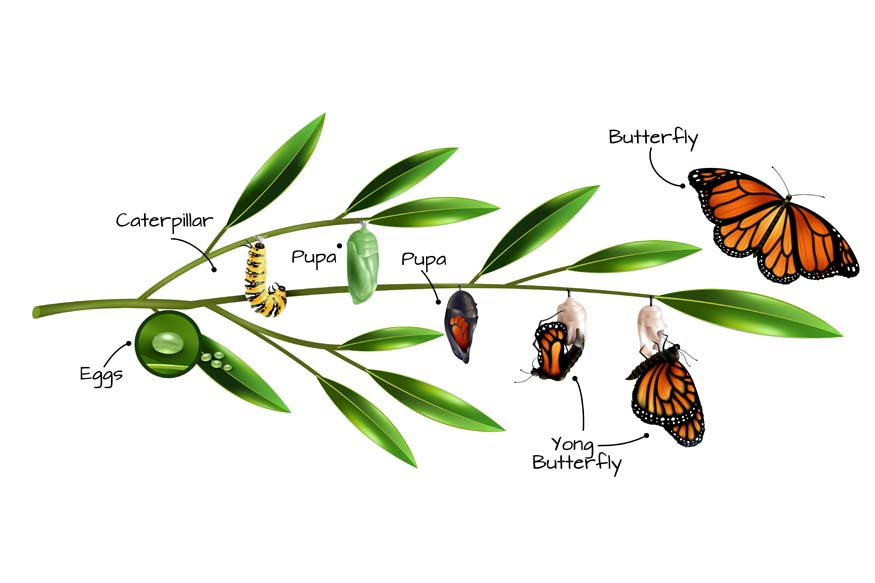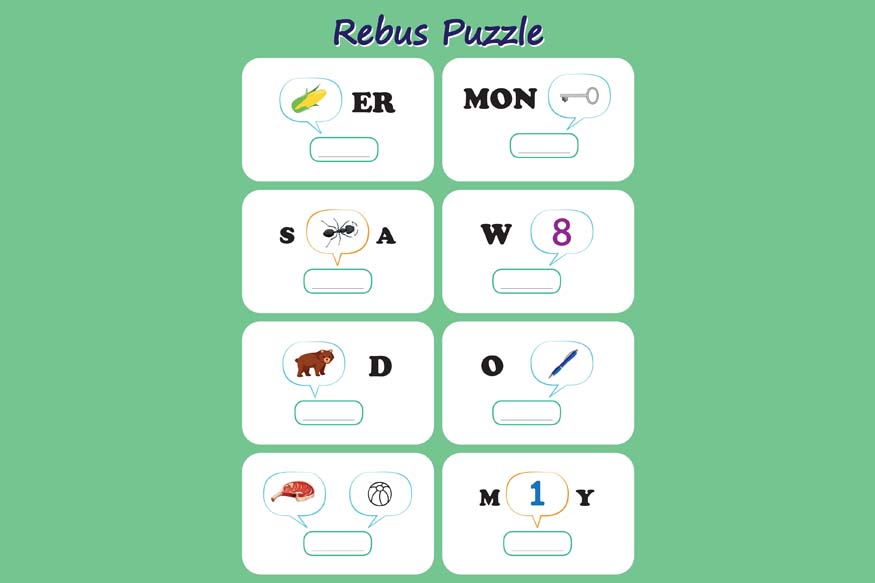Physical activity includes any movement of the body that uses energy. This can be anything from daily chores like walking and gardening to organized exercises such as running, cycling, and playing sports. Regular physical activity is important for staying healthy and feeling good.
Among all the physical activities, sports are the most popular and health ones. Sports are vital for kids mental, social, emotional, and physical development, helping them grow into well-rounded individuals. Kids will learn strategic thinking, build friendships, and develop resilience through sports. A bright future awaits them, fueled by the balance of work and play.
Importance of sports for children
Mental well-being: Sports are connected to better mental health, helping to lower anxiety and depression. It also boosts mood and emotional well-being by releasing endorphins.
Social skills: Joining team sports and group workouts encourages socializing, teamwork, and better communication. It allows students to make friends and feel like they belong.
Physical health: Regular exercise helps students keep a healthy weight, builds strong bones and muscles, and lowers the chances of long-term diseases like obesity, diabetes, and heart problems.
Stress Relief: Exercise is a great way to relieve stress and tension, helping students manage school pressures and personal issues.
Benefits of physical activities and exercise
- Enhances motor skills
- Facilitates social interaction and teamwork
- Build self-confidence and self-esteem
- Fosters mental and emotional well-being
- Initiates lifelong habits and a healthy lifestyle
- Cognitive development
Everyone understands that playing sports involves several movements, coordination, and balance. Taking part in sports helps children develop their motor skills. When kids engage in various sports, they improve their agility, speed, endurance, and body control. These skills can also be used in other daily activities like playing, dancing, and schoolwork.
When kids participate in various sports, they get to meet and interact with friends, coaches, and referees. This social experience helps them develop teamwork, cooperation, communication, and good sportsmanship. They discover how to collaborate towards a shared goal, follow rules, and deal with winning and losing positively. Children also learn to rely on their teammates to win, which fosters friendship and respect among them.
When children participate in sports, they gain self-confidence and a better view of themselves. They learn new skills, get better at what they do, and reach personal goals while having fun. Being on a team and getting praise for their hard work also helps them feel more confident, face challenges, and build their self-esteem.
Kids participating in sports boost their mental and emotional health in many ways. Physical activities releases endorphins, which are often called “feel-good” hormones. These hormones can lift moods and lessen stress and anxiety. By regularly playing sports, children can enjoy these benefits, leading to greater happiness and well-being. Sports also give kids a healthy way to express their emotions, helping them handle tough feelings, face challenges, and build strength during difficult times.
Getting involved in sports early helps children develop healthy habits that last a lifetime. They understand the value of staying physically fit and carry this practice into adulthood. When kids engage in physical activities from a young age, they are more likely to remain active as adults, enjoying the benefits of healthy living. They also learn discipline, how to balance their responsibilities, and how to set realistic goals. These qualities help children build lasting healthy habits and lifestyles.
Exercise has a good effect on brain function and even academic performance. Being active boosts blood flow and oxygen to the brain, which helps improve skills like focus, memory, and solving problems.
Activities for children to try
Active play: This includes free play activities like running, jumping, climbing, and playing tag.
Cycling: Riding a bike is a fun way to boost heart health, strengthen legs, and improve coordination.
Dancing: Dancing allows kids to be creative while building heart endurance, coordination, and flexibility.
Skipping rope: Jumping rope is an easy and effective way to enhance heart fitness, coordination, and rhythm.
Playground activities: Using playground equipment like swings, slides, and climbing structures helps develop different muscles and improves balance and coordination.
Yoga: Kids can join age-appropriate yoga classes in person or find online options. Yoga helps with flexibility, balance, and mindfulness.
Sports: Team sports like soccer, basketball, gymnastics, or martial arts encourage fitness, teamwork, and skill growth.
It is important to motivate students to stay active for their health and well-being. Participating in sports provides many advantages for kids. It helps improve physical health and fitness, develops motor skills, encourages social interaction and teamwork, and builds discipline while increasing self-confidence. Schools play an important role in supporting the mental and emotional health of children. At school, children learn new habits and a healthy lifestyle that create a strong base for a happy and balanced life. At Center Point School, we support children to take part in sports along with their studies to promote their overall growth, guiding them to a better and healthier future.





